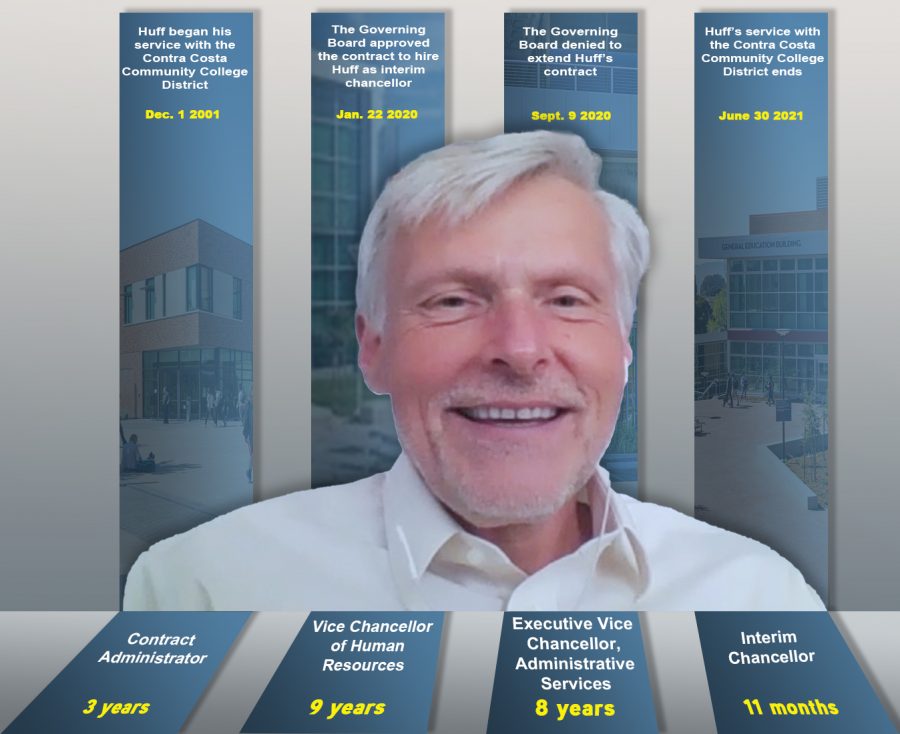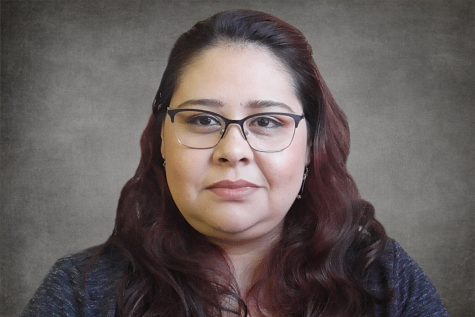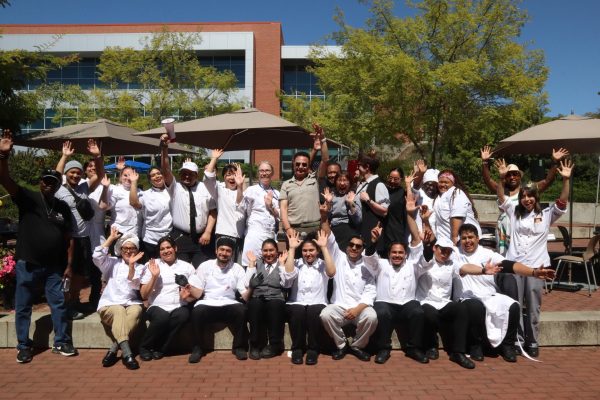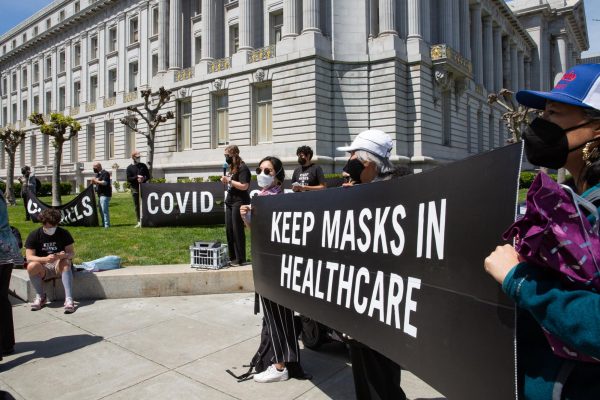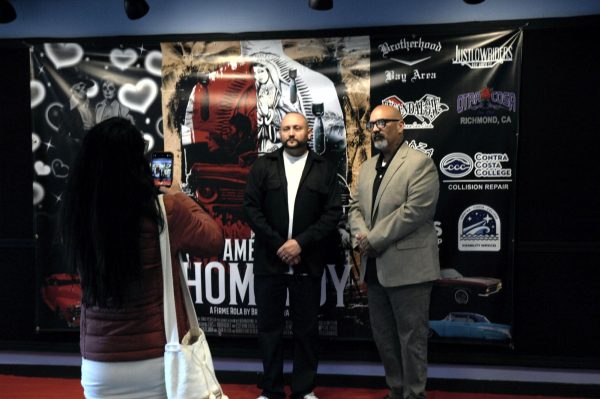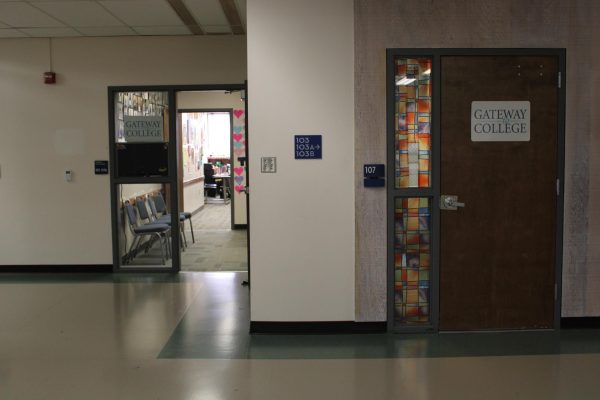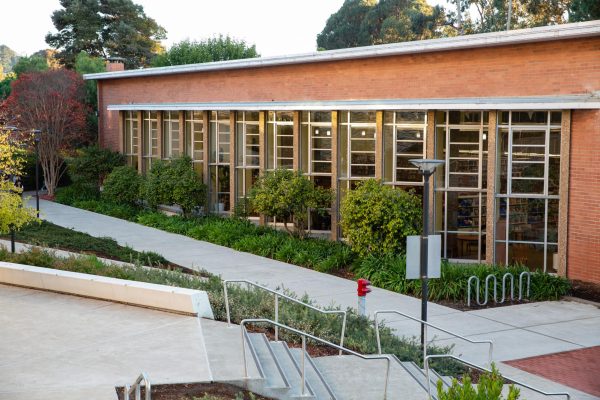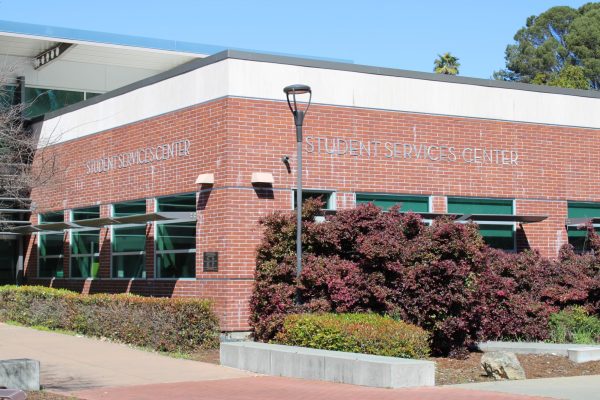Well-liked, respected and then fired
Faculty, Staff Shocked and Frustrated by Huff’s termination District Board votes not to extend contract, despite protests from campus community
October 27, 2020
Earlier this year, a vast majority of the Contra Costa Community College District (4CD) community agreed Eugene (Gene) Huff was the best choice to act as the interim chancellor after former chancellor Fred Wood announced his early retirement in November 2019.
However, unbeknownst to Huff, the 4CD Governing Board had different plans and declined to extend his contract on Sept. 9 in a 3-2 vote.
Huff said there is no apparent reason why three members of the District board voted against extending his contract, which ends on June 30, 2021.
“The most frustrating part is that I haven’t been given any reason for the nonrenewal. I feel like I have been doing a very good job,” he said.
For nearly 20 years, Huff has been a pillar for the District’s administration. He has been the District’s chief negotiator since 2004.
He was first employed as a contract administrator in Dec. 2001, where he served for three years. Later he was promoted to vice chancellor of human resources, and after nine years, he was promoted to executive vice chancellor of administrative services in 2010. He has been working in that position for the last eight years.
District Board narrowly votes no
The decision to terminate Huff’s relationship with the District was made during the Sept. 9 regular District Board meeting held via Zoom video conference.
Board Secretary Greg Enholm motioned to vote against the extension of Huff’s contract, with a second by Trustee John E. Márquez. Trustee Vicki Gordon also voted no on the extension.
Board President Rebecca Barrett and Board Vice President Andy Li voted in favor of extending the contract.
Márquez said board trustees are unable to speak on agenda items before they appear on the District’s agenda – however, he is firm in his decision.
“As far as I know, there is no plan. Nobody has brought to me the idea regressing and going back again,” he said. “It is a done deal unless somebody can convince me otherwise.”
Enholm said the trustees are responsible to the community members who elect them.
“(Huff) failed for seven years to achieve the diversity, equity, and inclusion the committee wanted,” he said. “That was enough justification when the community members strongly objected to those failures.”
Gordon declined to comment for this story.
Barrett said the District would need someone with Huff’s experience to navigate the next six months, as the District makes the transition to newly hired permanent Chancellor Bryan Reece, PhD.
“One of the things that we can do to kind of calm some of the waters is to say at least there will be a familiar face that will still be part of the district senior leadership team,” Barrett said. “(Huff) will be a great support and a resource for when our new chancellor comes in.”
Li said it would be devastating for the District not to have Huff while they are facing many difficulties such as nationwide civic unrest, a worldwide pandemic, wildfires and a possible recession.
An unpopular decision
The decision not to renew Huff’s contract is one of many choices made by the current board that has confused and frustrated the college community.
At its June 24, regular meeting, the District Board voted to delay decisions regarding the implementation of merit increases until the fiscal year 2020-21 budget was better known.
The 2020-21 budget was approved on Sept. 9 during the regular district meeting, where Huff’s contract came to an end.
More than 100 people attended the teleconference to support Huff and attendees spoke for more than an hour on his behalf during public comment.
United Faculty Vice President Jeffrey Michels was one of Huff’s strongest supporters during the meeting.
“(Huff’s) work ethic is inspiring. His commitment to this District as human resources officer, as the vice chancellor of administration and now as our interim chancellor, who genuinely believes that part of his job is to make this District a better place to work,” Michels said.
“Even now that he’s interim chancellor, I’m not sure another human being could have stepped into the interim chancellor role without the backfill of his position,” he said.
Classified Union President Neal Skapura was also present at the meeting and spoke about his positive experience working with Huff.
“(Huff) is just compassionate and caring. He is an integral part of the District,” Skapura said. “He’s ethical, honorable, and when you have somebody like that, and you put him in harm’s way as Enholm, Gordon and Marquez have, that is just unforgivable because there’s no rhyme or reason to it.”
Huff has worked as the interim chancellor while also performing his duties as executive vice chancellor since Jan. 22.
Skapura said Huff was instrumental during the effective transition to a distance learning institution during the COVID-19 crisis.
“(Huff) can certainly do the job as chancellor because he (worked) as interim chancellor,” he said. ” Huff’s collaborative nature, his work with the constituent group leaders and cabinet is the reason why we got to consensus (during COVID-19) faster than practically everybody else.”
Huff will continue serving as interim chancellor until Dec. 31, and he will remain in his role as executive vice chancellor of administrative services until the end of his contract.


